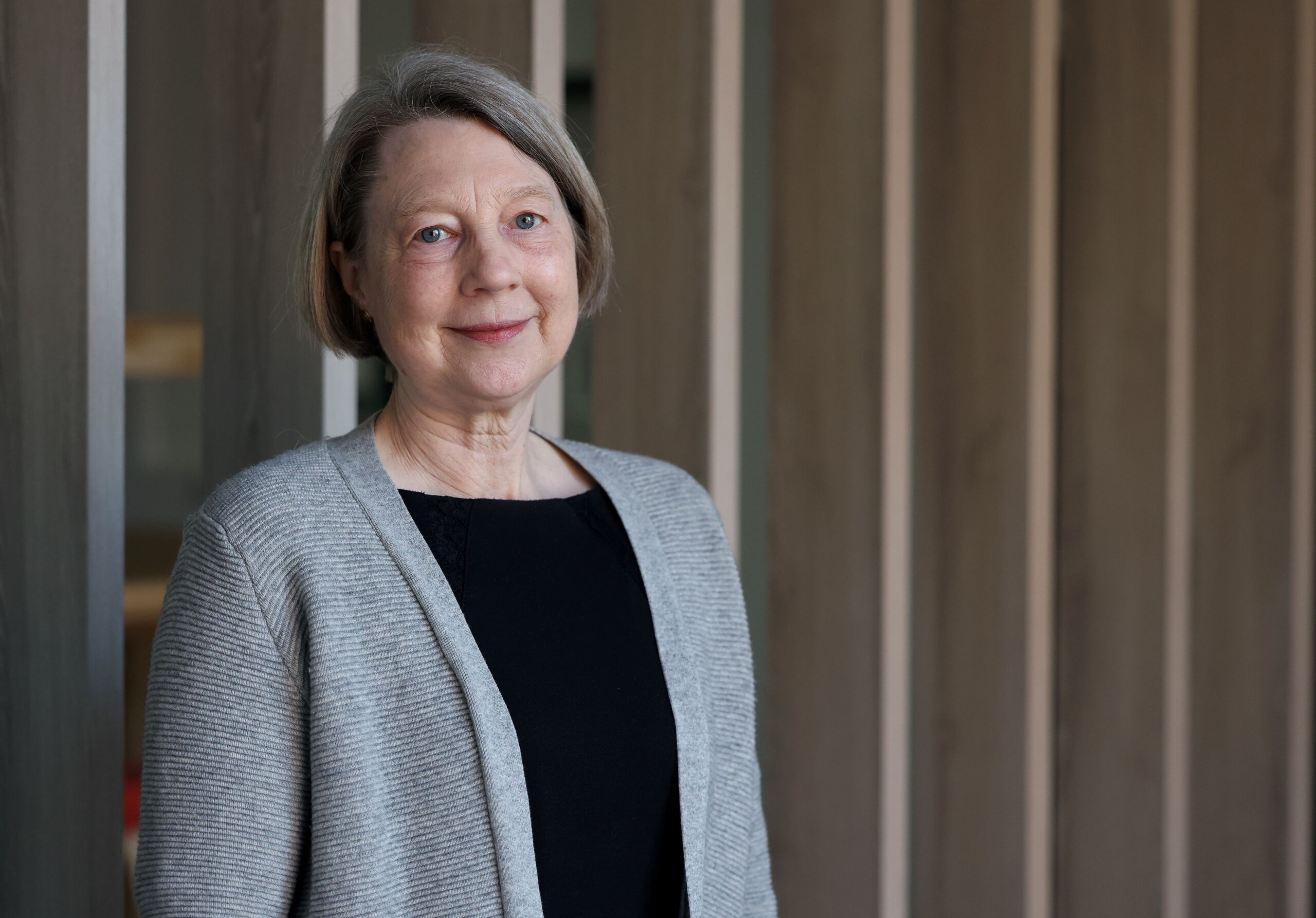“You get a much better quality of data out of people who are happy”

Rachel Williams, a Professor of Ophthalmic Bioengineering at the University of Liverpool, has over 25 years of experience in the design and development of advanced materials for medical applications. Over this time, she has been recognised as a brilliant researcher, receiving a ‘Chapman Medal’ from the Institute of Materials, Minerals and Mining and a ’President’s Prize’ from the UK Society for Biomaterials, as well as many others.
Alongside her impressive work, Professor Williams has also committed herself to creating a healthy research culture within her teams. She has been kind enough to offer her valuable insights into what constitutes a healthy research culture and how she ensures her team thrives within it.
At the core of Professor William’s philosophy is the belief in openness and honesty. Throughout our chat, she emphasised the importance of creating an environment where everyone feels comfortable and confident in expressing their opinions, asking questions, and admitting when they don’t understand something. She described how promoting open dialogue fosters a sense of trust and collaboration among team members, enabling them to work together effectively towards common goals.
Rachel acknowledges the multidisciplinary nature of her research, which involves collaboration with material scientists, engineers, biologists, clinicians, and industry professionals. In such diverse teams, communication and understanding become even more critical. Rachel ensures that everyone’s contributions are respected and valued, regardless of their background or expertise. By recognising each team member’s strengths and providing growth opportunities, she cultivates a sense of belonging and purpose within the team. “I frequently don’t understand what the clinicians are saying and they don’t understand what I am saying” she explained. Without the culture of openness present, she noted many people would leave their meetings ironically all the more confused!
Another key aspect of Rachel’s approach is the recognition that everyone’s situation is different. She acknowledges the importance of flexibility and understanding, allowing team members to balance their work commitments with personal responsibilities. By accommodating individual needs and preferences, Professor Williams creates a supportive environment where team members feel valued and empowered to perform at their best. She ensures her team are given opportunities to vocalise their academic or personal limitations so she does not put people in a position of having to explain why they can’t make a deadline or a meeting, because she has already considered this. This also includes not always assigning the less desirable tasks of a research project to the same people or tasks in areas they are not strong in without support or guidance from a more experienced team member. This flexible and understanding approach to leadership, Professor Williams believes has contributed to the healthy research culture present in her team.
When questioned on any positive outcomes from creating a healthy research culture in her team has brought about, she emphasised the “personal reward” she feels from seeing her team do well. Whether this be within research she is mentoring or if she sees them move on to new positions and succeed, she believes the healthy environment she fosters helps individuals to thrive in their careers. This should be seen as an achievement in itself and should be celebrated endlessly. Mentoring requires a skill set beyond what can be found in books, and mentoring at a high standard is even more impressive. Research leaders should take pride in their privilege to guide the next generation of leaders. When their crucial role is done well, research culture as a whole is impacted as well as just the members of their team through a knock-on effect. Her response highlights her focus on developing and nurturing researchers as well as outcomes of research. This trend runs throughout Professor Williams’ attitude towards mentorship and is contributing to not only her success but everyone who works alongside her; “you get a much better quality of data out of people who are happy”.
Overall, Professor Rachel Williams’ insights highlight the importance of creating a healthy research culture that prioritise openness and mutual respect. Our interview also serves as a reminder of the role of mentorship in shaping the future of research culture. As academia continues to evolve, Professor Williams approach serves as a model for culture that allows both research and researchers to reach their fullest potential.
***